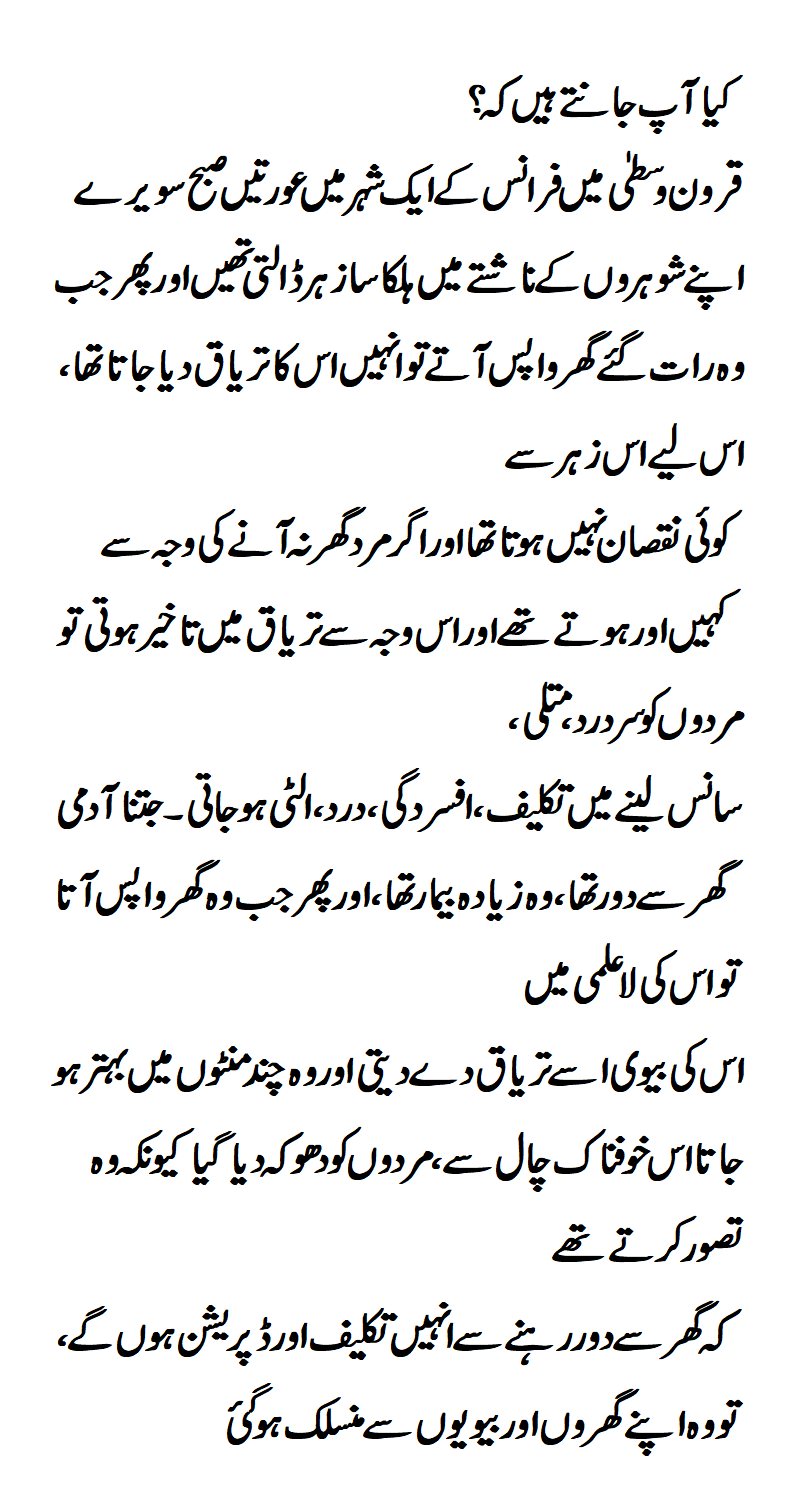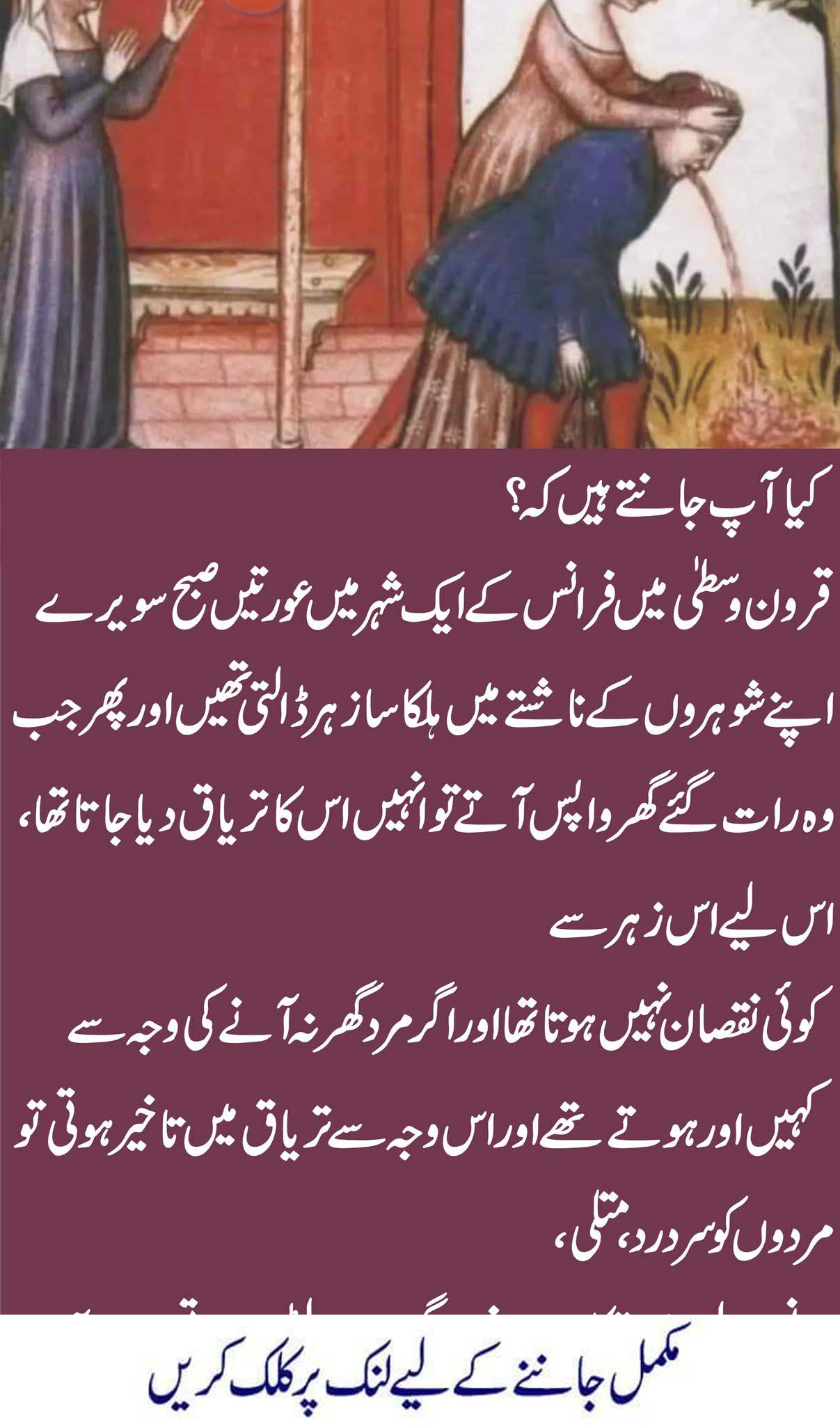Imagine a person having breakfast in eighteenth century France, around, say, 1760.
If you’re at all familiar with France, you’ll probably envision them having a continental breakfast – that is, coffee, chocolate or tea with a roll or some bread, joined perhaps by cheese and cold meats. And yet, how accurate is such a picture? Coffee, after all, had only come to France in the previous century. While coffeehouses were well established, was coffee already part of breakfast? And even if it was, what had come before that both as food and drink?
The question seems simple enough and when it occurred to me, I went to the obvious sources: histories of French private life and my battered copy of the Larousse Gastronomique. The latter, with its convenient dual indexes – one in French, one in English – lists no entry in either language for ‘breakfast’ Among his numerous volumes on the history of French private life, Alfred Franklin has at least three on the subject of food and meals. Yet none devote a chapter to breakfast. Nor does Grand d’Aussy, whose three volumes on French food are the prime source for many later writers, list the subject anywhere in the very detailed indices to each large volume.
The journals and travelers’ diaries from the period, which so often itemize even simple meals, tend to pass unhelpfully over the first meal of the day with comments such as ‘I had breakfast and then…’ or ‘After breakfast, we…’ Not, as we shall see, that details are completely absent. But the subject is more neglected than not

